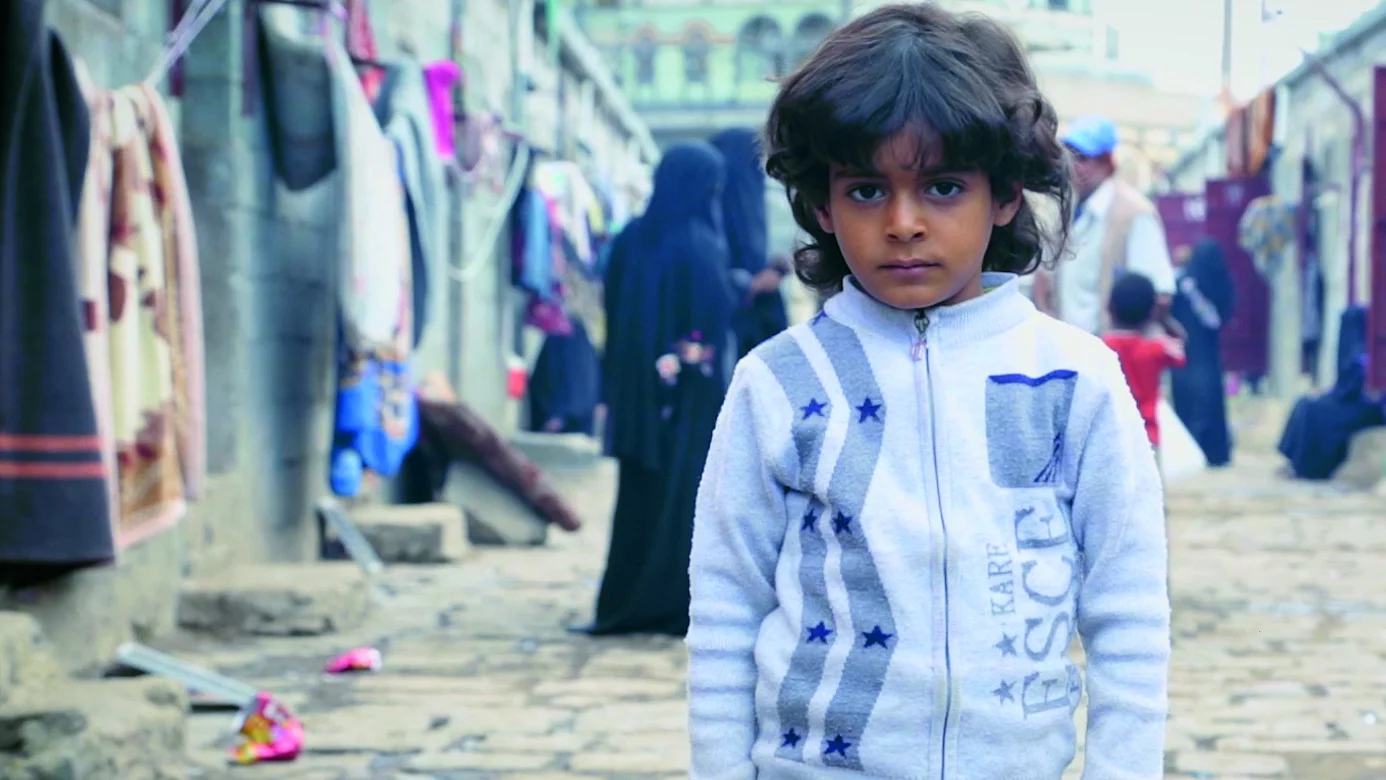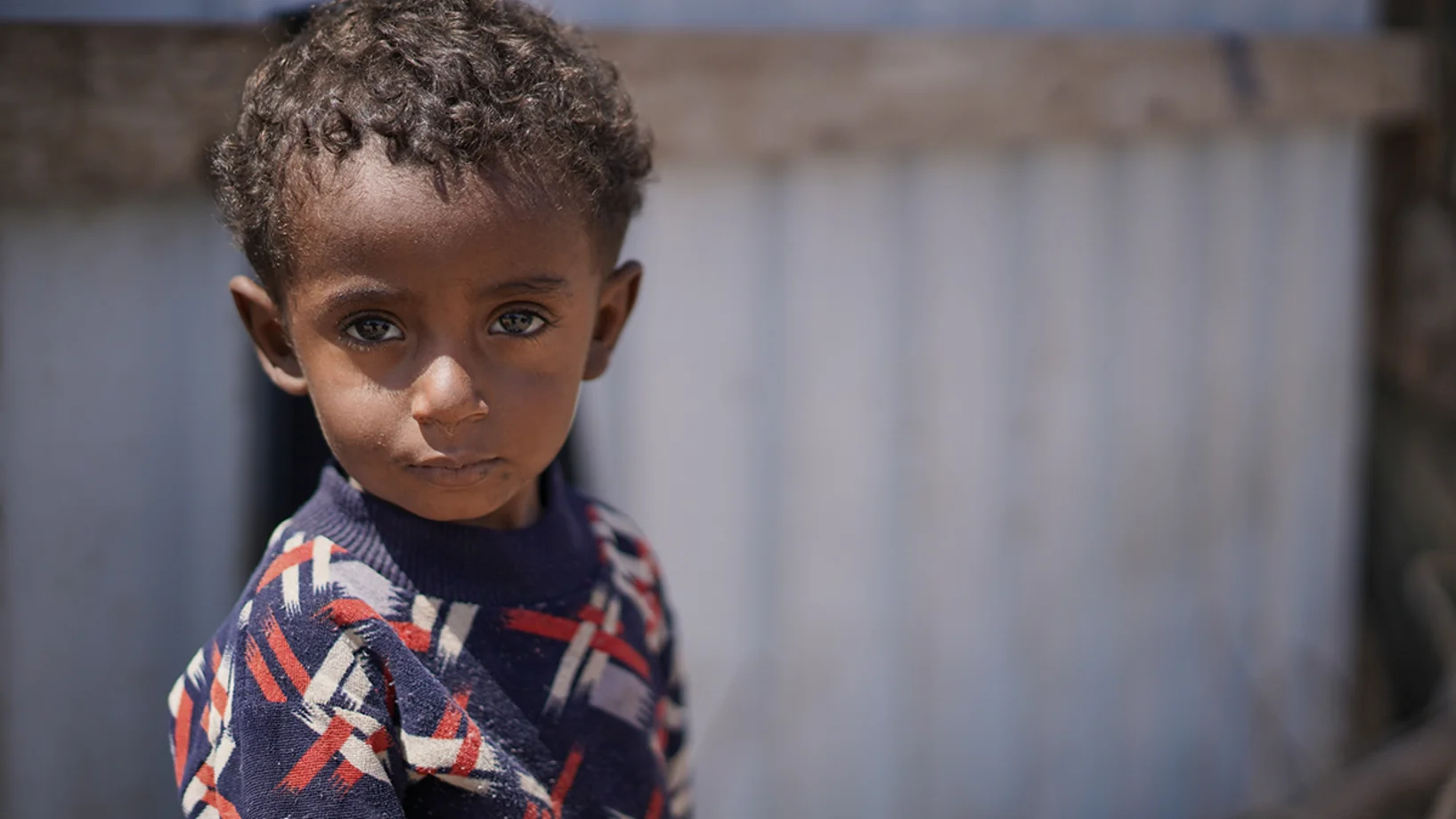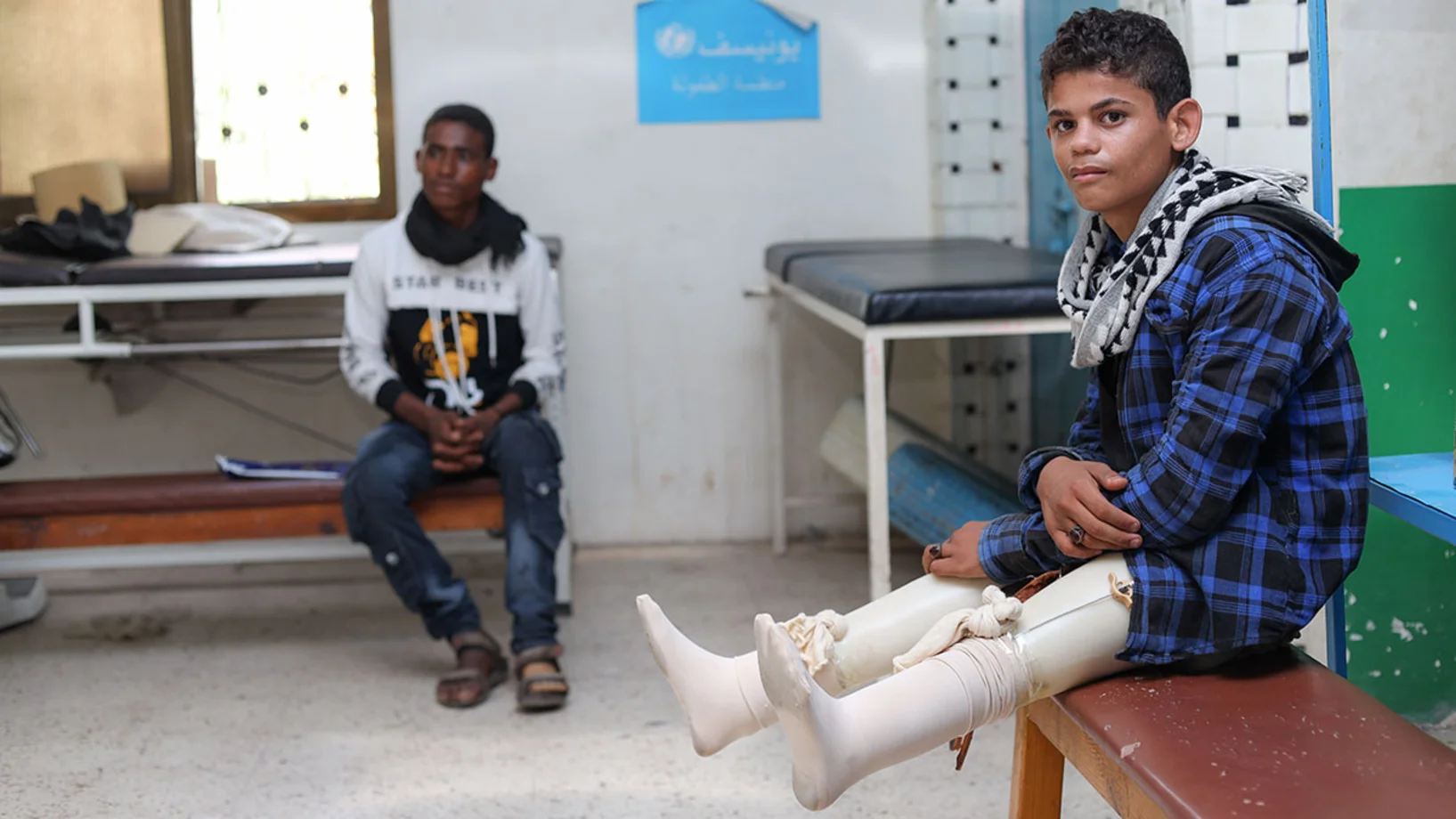Yemen remains one of the largest humanitarian crises in the world. After nine long years of conflict, the country is deeply mired in an economic crisis. Its infrastructure has largely collapsed and the supply situation is worsening steadily. More than half of the population is dependent on humanitarian aid.
children
children under five
children
The situation
For over nine years, Yemen has been locked in a civil war that has developed into one of the greatest humanitarian crises of our time, with at least 11,500 children killed or injured since the escalation of the conflict in 2015. The truce from April 2022 has led to a significant reduction in the number of victims among the civilian population; however, fighting continues in many parts of the country.
The lack of a political solution to end the ongoing war in Yemen means that the need for humanitarian assistance remains acute: more than 18.2 million people – including 9.8 million children – urgently need assistance and protection.
The effects of climate change, the continuing economic instability, inflation, and high food prices in particular, have intensified the country’s food situation. With around 17.3 million people facing acute food insecurity, it’s the children who suffer the most: one of the main reasons for the high child mortality rate in Yemen is malnutrition. By July 2023, more than 220,000 children were treated at therapeutic feeding centers.
The country’s infrastructure has largely collapsed, with only about half of its healthcare facilities functioning. This means that 20.3 million people in Yemen have no access to basic healthcare. The armed conflict, mass expulsions and recurring climate disasters have created an environment that greatly favors the outbreak of contagious diseases. 7.8 million children have no clean drinking water, which also increases the risk of cholera.
All these factors exacerbate the underlying and gender-specific vulnerability of children, young people and women, and their need for protection. They are dangerously vulnerable to violence, child marriage, child labor and forced conscription. At least 9 million children need child protection services, and almost 8.6 million children require assistance in accessing educational programs.

“Let us help Ammar and all the other girls and boys here in Yemen before they give up. Together we can create access to food, health care, protection and education, and give them a future.”
How your donation helps
The conditions for humanitarian organizations in Yemen are extremely difficult. Air and sea blockades make it difficult to deliver aid, and fighting hinders the distribution of goods. Gaps in funding make things even worse. Nevertheless, UNICEF is managing to provide crucial help to hundreds of thousands of children:
- Malnourished children are being given therapeutic nutrition and vitamins.
- Mobile teams are taking food, medicines and hygiene articles to regions that are difficult to access.
- UNICEF provides clean drinking water, procures gasoline for public water pumps and erects sanitary facilities.
- UNICEF also flies dozens of tons of vaccines, medicines and water purification tablets to affected areas in the fight against cholera and other infectious diseases.
- UNICEF assists in educating the population on unexploded ordnance, which puts children who are playing especially at risk of injury.
- UNICEF is working together with Yemen’s Ministry of Education to ensure that as many children as possible can attend school.
- UNICEF is committed to protecting children.
- It offers children educational and recreational activities, psychosocial support and reintegration programs (especially for children returning from conflict zones wracked by violence).



